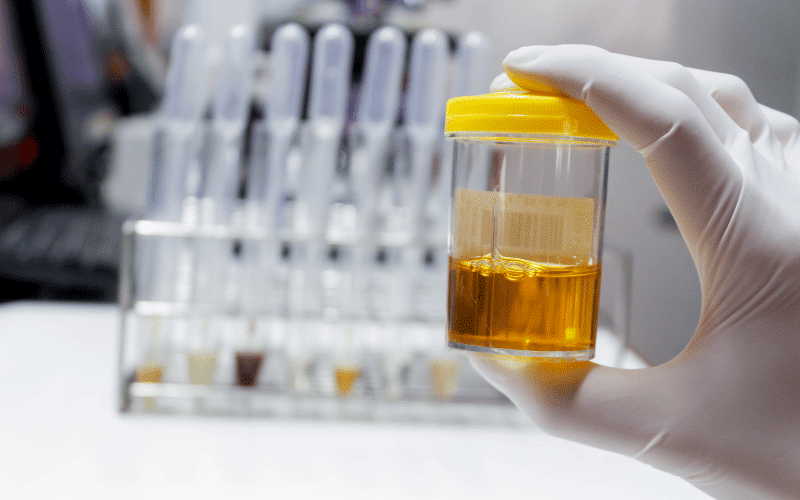Introduction: The Importance of Early Detection in Acute Kidney Injury
Acute Kidney Injury (AKI) is a severe condition characterized by the rapid loss of kidney function. The kidneys are responsible for filtering waste and toxins from the bloodstream, and any impairment in their function can have life-threatening consequences. Early detection of AKI symptoms can be critical in preventing irreversible damage to the kidneys and ensuring proper treatment is initiated. This article delves into the top 10 acute kidney injury symptoms to help you stay informed and vigilant.
Understanding the symptoms and risk factors for AKI is essential for timely intervention. AKI can occur in individuals of all ages, including children and adults, and may be caused by various factors, such as dehydration, certain medications, and underlying health conditions. Being aware of the common symptoms of AKI can help you take prompt action and seek medical attention if you or a loved one is experiencing these warning signs.
The following symptoms are not exhaustive but represent some of the most prevalent indicators of Acute Kidney Injury. Keep in mind that AKI symptoms can vary from person to person, and some individuals may exhibit different symptoms or a combination of those listed below. If you suspect AKI, it is crucial to consult a healthcare professional as soon as possible for proper evaluation and treatment.
1. Sudden Decrease in Urine Output: A Clear Warning Sign of AKI

One of the most notable symptoms of AKI is a significant reduction in urine output, also known as oliguria. It occurs when the kidneys struggle to filter waste and toxins, leading to a buildup in the body. A decrease in urine output can be the first indication that your kidneys are not functioning correctly and require immediate medical attention.
The normal urine output for adults is approximately 1 to 2 liters per day, while children’s output may vary depending on their age and size. If you notice a drastic change in the volume of urine produced, it is essential to monitor the situation and consult your healthcare provider if the reduction persists or worsens.
Several factors can cause a sudden decrease in urine output, including dehydration, certain medications, or an underlying kidney infection. However, it is crucial not to dismiss this symptom, as it could be an early sign of AKI that warrants prompt medical intervention. (1)